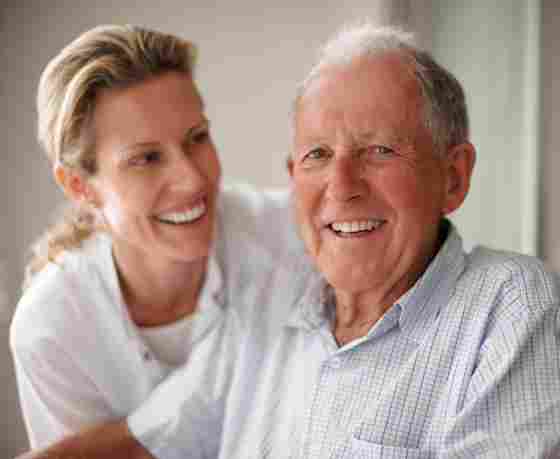

- The Lancet Commission on Dementia Care updated findings that overall, about 45% of cases of dementia are potentially preventable by addressing 14 modifiable risk factors at different stages of life.
- Dean Ornish, MD, with the Preventive Medicine Research Institute, demonstrated that intensive lifestyle changes can significantly improve cognition and function in many people with mild cognitive impairment (MCI) or early dementia due to Alzheimer's – which may have implications for prevention as well.
These resources were made possible by the AWARE Fund of the Dallas Foundation.